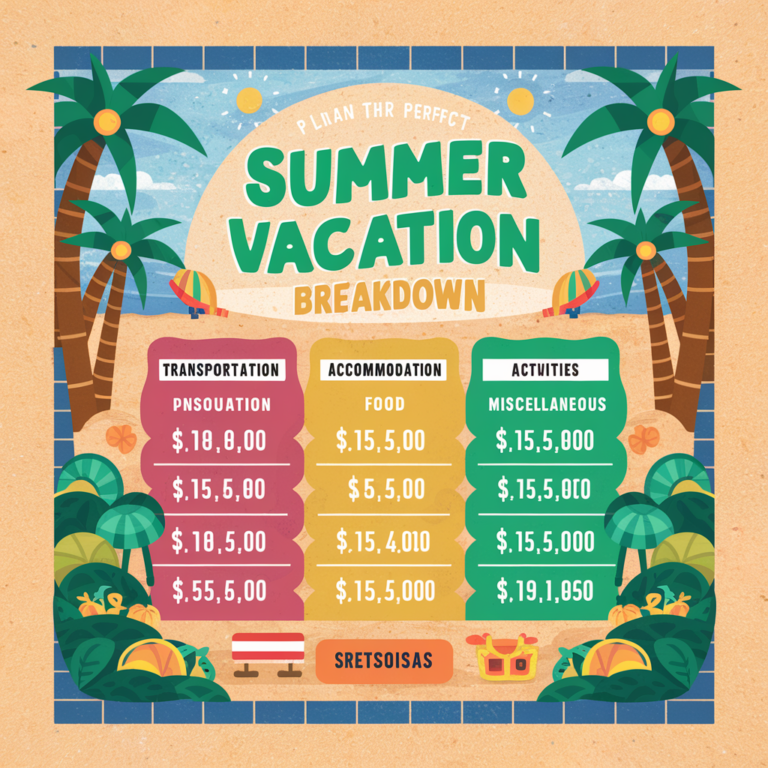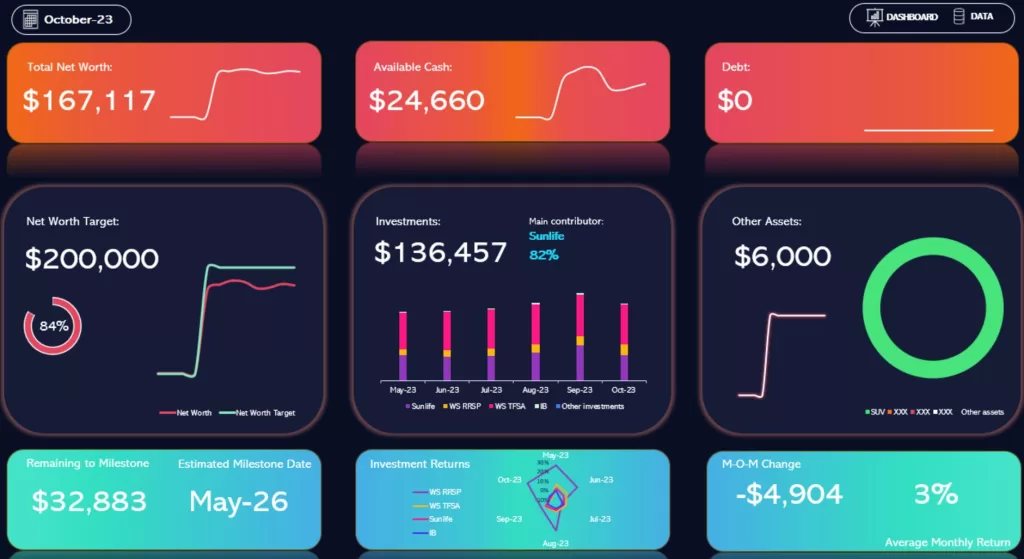Your financial health and quality of life may suffer from being heavily indebted. Whether you have debt from credit cards, student loans, medical expenses, or other sources, you must have a plan to control it and eventually pay it off. Fortunately, debt management doesn’t have to be very difficult. This post will discuss some easy yet powerful debt-reduction techniques.
Examine your Financial Situation for Debt Management
Examining your finances closely is the first step toward managing your debt. Make a list of all your debts, including the amounts owed, the interest rates, and the required minimum monthly payments. This will help you prioritize which debts to pay off first and offer a clear view of your current state of debt.
Make a Realistic Budget
A key component of managing debt is budgeting. A budget that appropriately depicts your income and expenses is crucial. List all your sources of income first, including your salary, any side income you may have, and rental income. Then, list your monthly expenses, including your rent or mortgage, utilities, groceries, travel, and other luxuries.
Look for areas where you may reduce spending if you understand your financial inflows and outflows well. The objective is to make more money available for debt repayment. You’ll be better able to prevent taking on additional debt and consistently pay off your current debts if you keep to a budget.
Put High-Interest Debt First
There are differences between different types of debt when it comes to repayment. Due to their compounding interest rates, high-interest debts like credit card bills frequently place the most significant financial strain on borrowers. So, start by paying off your high-interest debt.
The “debt avalanche” approach is one practical method.
This strategy calls for you to prioritize paying off the loan with the highest interest rate while only making the minimum payments on your other debts. You pay off the loan with the highest interest rate first, then go on to the next, and so forth. Over time, using this technique can help you avoid paying significant amounts of interest.
Give Debt Consolidation a Thought
Another method for streamlining your debt management efforts is debt consolidation. It entails taking out a single loan to settle several outstanding bills. By merging your loans, you can frequently get a cheaper interest rate, lessening your overall interest expenses.
Debt consolidation options include personal loans, credit cards with balance transfers, and home equity loans. It’s critical to carefully consider which option best fits your financial circumstances and aspirations because each has advantages and disadvantages.
Talk With Your Creditors on your Debt Management
Feel free to communicate with your creditors about your financial struggles. Several creditors are eager to cooperate with you to find a solution. They might, for instance, agree to a lower interest rate, lengthen your repayment terms, or even accept a smaller lump-sum payment.
Be prepared to describe your situation honestly and, if necessary, to give proof of your financial hardship. Although dealing with creditors can be daunting, it’s essential in controlling your debt and preventing more severe consequences like legal or collection activities.
Create a Fund for Emergencies
Even though saving money while you are in debt may seem paradoxical, managing your debt effectively depends on having an emergency fund. Without an emergency fund, unforeseen costs can result in increased debt as you turn to credit cards or loans to pay for them.
Start by saving a little each month in a different account until you have enough to pay for three to six months’ expenses. If unanticipated financial difficulties happen, having this safety net in place will assist you in avoiding taking on further debt.
Earn More Money
Along with cutting costs, boosting your income helps hasten the process of getting out of debt. Think about looking for extra sources of money, such as side jobs, freelancing work, or selling unused stuff. Every additional dollar you make can help you pay off your obligations more quickly.
Invest in your future by learning new skills or earning certifications that could open up career chances with higher salaries. The secret is to discover dependable revenue growth methods consistent with your long-term objectives.
Automate Your Debt Payments
In terms of managing debt, consistency is essential. By automating your debt repayments, you can prevent late fees and additional interest costs by ensuring you never miss a payment deadline. You can set up recurring transfers or payments for your debts using the automated payment solutions offered by most banks and financial institutions.
By automating your debt payments, you can develop a sense of accountability and discipline in your financial life. It eliminates the need for decision-making and guarantees that a percentage of your income is continuously set aside for debt repayment.
Honor Little Victories
Debt relief can be a complicated and drawn-out process. Celebrate tiny accomplishments along the road to keep inspired. Recognize your achievements and reward yourself (within reason) for your diligence and discipline each time you pay off a debt or reach a significant turning point in your repayment plan.
Small victories can act as positive reinforcement, making the debt management process seem more manageable and less overwhelming.
Consult a Professional If Necessary
If you need help with debt or clarification about what to do, consider getting expert assistance. Credit counseling services can offer helpful advice and aid in developing a customized debt management strategy. Select a reliable company that has earned the National Foundation for Credit Counseling’s (NFCC) accreditation.
In addition, bankruptcy may be an option in exceptional circumstances. Still, it should only be considered a last choice due to its adverse long-term effects on your credit and financial future.
Conclusion
Getting out of debt is a good objective that can significantly enhance your financial well-being and quality of life. Even though managing your debt can feel overwhelming, the tips in this article can make the process easier and lead you to financial freedom. Remember to evaluate your financial circumstances budget, prioritize high-interest debt, and consider consolidating your debts or negotiating with your creditors. You can succeed in debt-free life if you are disciplined, determined, and have a well-thought-out plan for your debt management process.






